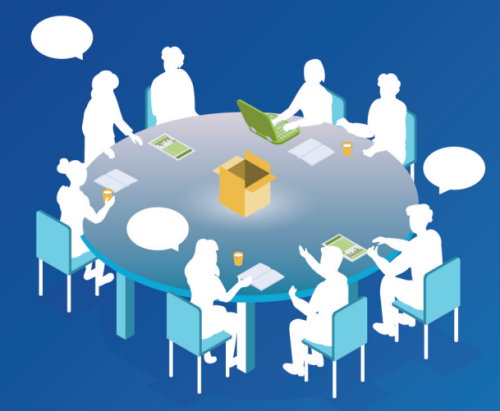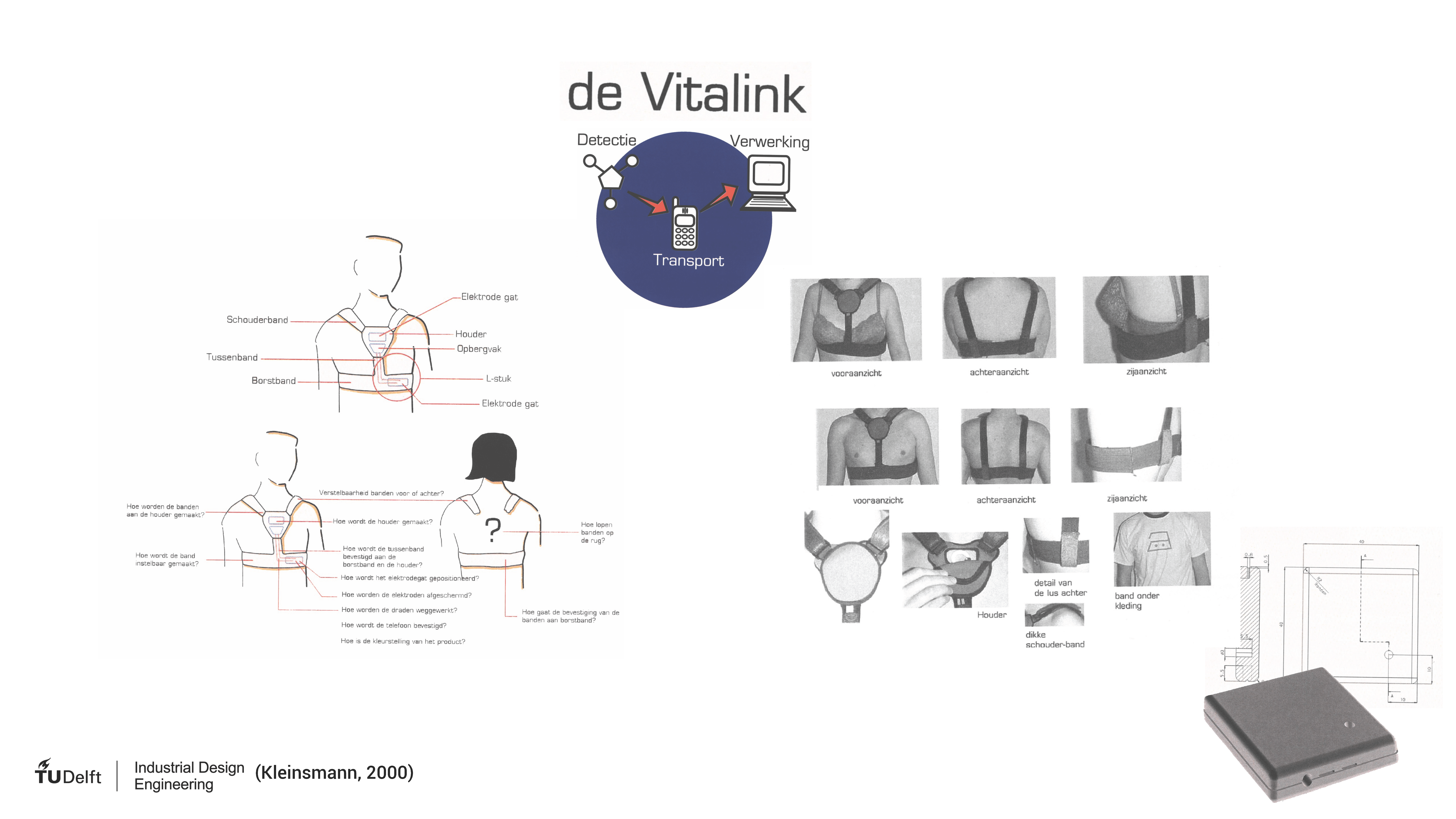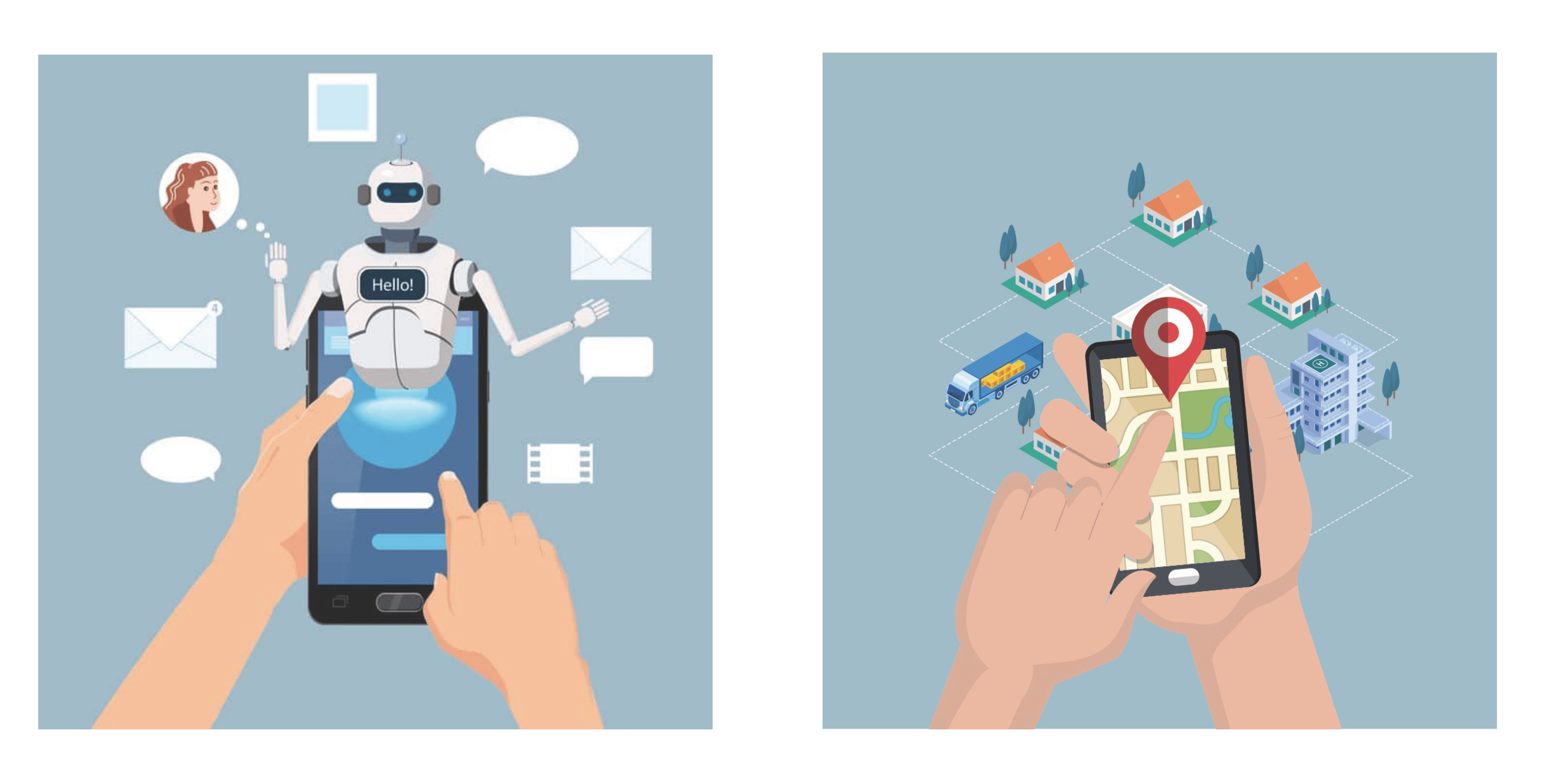Inaugural speech Prof. dr. ir. M.S Kleinsmann I Designing (with) healthcare A co-creative pathway towards digital transformation
21 april, 2022

Digital technologies such as remote patient management systems represent a big opportunity when it comes to the transformation of health and care. They offer great potential in relation to prevention, diagnosis, and treatment as well as a reduction of the burden on staff. And they contribute to better health outcomes and efficiencies in the system as a whole. In her inaugural lecture on 8 April 2022, Professor Maaike Kleinsmann explained what design brings to the table and the role of her research in equipping others to design for a connected healthcare system.
A new and challenging task
While the potential is promising, embedding digital innovations in the health ecosystem is a complex task. It’s a challenge that requires new knowledge and new collaborations. One reason for this is the multiple actors involved in shaping healthcare. “Today it’s not just the people that you might expect to have a seat at the table, like the patients, doctors, nurses and management teams,” said Kleinsmann. “There’s also a new kid on the block in the form of the intelligent, but sometimes unruly, technologies which must be designed and implemented with clear intent.”
A ‘product’ of Delft design
A graduate of the TU Delft Faculty of Industrial Design Engineering, Kleinsmann’s interest in this topic evolved as a result of her work in the early years of her studies. Her master’s graduation project in 2000 centred on designing a product-service combination called the Vitalink. This wearable device would record and transmit cardiological data which medical professionals could then remotely analyse and recommend appropriate care.
During her research, she realised that there was a buyer-supplier relationship between doctor and designer that was particular to that time; there was hardly any collaboration going on. The position of designers was one of a service within and for companies. “My graduation project triggered my curiosity in the quality of the discourses within product development teams and its relation with the actual progress of the product development process,” said Kleinsmann. “This curiosity made me decide to become a design researcher which at first led to my PhD thesis Understanding Collaborative Design through which I detected barriers and enablers for the creation of a shared understanding within new product development teams.”

The evolution of integrative design
Additional studies over the years culminated in the notion that design is an integrative discipline. In order to create designs, designers engage in discourse with multiple actors. Kleinsmann says that the nature of the discourse has changed over the years because both what is being designed and the context in which designers work have changed. “Designers are no longer solely product or even service designers,” she said. “But they take leadership in innovation. This changed the designers’ role within organisations from dealing with operational and tactical concerns, towards strategic organisational processes.”
Designing systems has become even more important because designers got involved in pressing global issues in domains such as healthcare, mobility and sustainability. They are asked to tackle societal challenges in co-creation with teams of diverse people. “The societal challenges I am interested in can often benefit from digital transformation, if well designed,” said Kleinsmann.” In these projects, designers often get the responsibility to translate sophisticated digital technologies into humane and meaningful outcomes for all stakeholders.”

Defining a research agenda
This new design landscape has set the stage for Kleinsmann’s research agenda. “My research plan is to develop fundamental design knowledge and design methods that equip designers to design for a connected world—a world in which the transformation of systems is mediated by digital technologies—where designers orchestrate collaborations between highly diverse stakeholders within and between organisations.”
With the healthcare transition as the platform, she formulated two challenges. The first, centred on social practice, recognises that some promising solutions are difficult to realise because they require changing the behaviour of all actors in an ecosystem simultaneously which may lead to value conflicts. Kleinsmann is exploring strategies people use to deal with value tensions and what effects these strategies have on the progress of the transition.
The second challenge relates to the nature of digital technologies. Digital transformation projects often make use of smart digital technologies, or AI. AI changes the nature of the artifacts from being passive and reactive towards being proactive, learning and adapting. “One of the consequences is that these new technologies ‘also sit around the table’. They become a new, sometimes anarchic, actor in the team,” said Kleinsmann. “We have to establish new relations with this type of actor to be able to design them in such a way that the problematic unintended consequences can be mitigated.” At the same time these intelligent agents can also support during the design process, meaning that AI technologies do not only change what we design, but also how we design.

Putting it into practice
This agenda has translated into various projects for Kleinsmann. Together with Professor Dirk Snelders, she launched a Delft Design Lab called CardioLab that aims to explore how smart technologies can reduce the burden of cardiovascular diseases. Using data-enabled design, they are working to develop concepts for remote patient management that stimulate patient empowerment, co-responsibility and shared decision making between patients and clinicians. One example is a project to support children with a congenital heart disease to do more physical activity through remote care. The result was the design of a concept called ‘Bo', a chatbot for parents, a wearable device for kids and a dashboard for clinicians.
They are currently establishing multiple new research programmes, including two that she leads. Healthy Start’s mission is to optimise developmental opportunities for all children and adolescents, irrespective of their backgrounds and starting points. The focus is on strengthening the physical, mental and social health of youth through scientific and societal breakthroughs. MedTechNL aims to develop new care concepts and innovative medical technology for better quality, manpower and affordability of health and care. Kleinsmann said: “The research that we executed in CardioLab generated a lot of traction and new collaborations within the field of design for healthcare, leading to impact in both research and practice.”

Met dank aan de TU Delft
